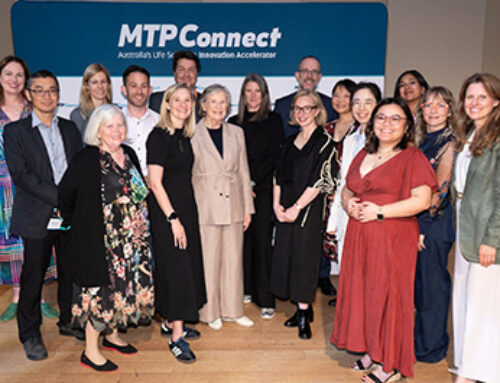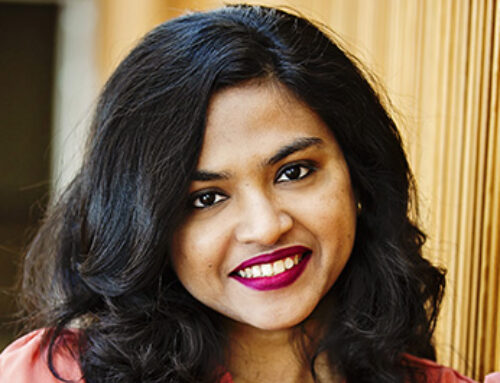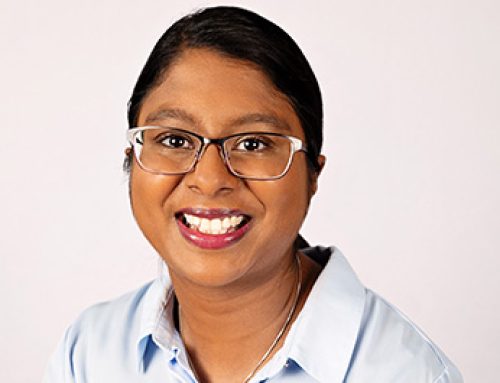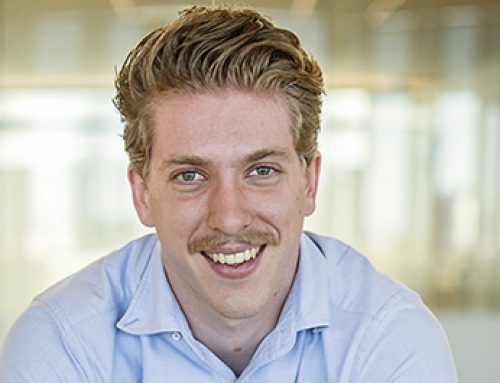From Couch to the QUT Classic
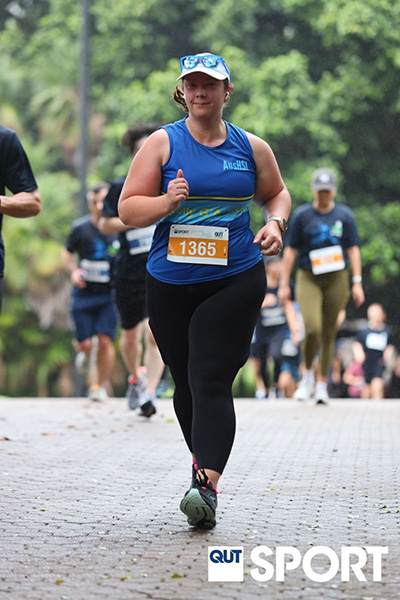
As a research centre committed to improving the health outcomes of Australians, and inspired by our Clinical Director Prof Will Parsonage who signed up for three half marathons in 2024, the AusHSI team thought it was time to see how we could improve our own health and fitness levels. Known as ‘Golly G’AusHSI’, we set up a new running group and lined up some fun events to work towards.
Hear about AusHSI PhD candidate Adele Van den Hoek’s running journey with the group, what inspired her, and her research in a recent interview with QUT Graduate Research Education + Development (GRE+D).
Adele’s Couch to QUT Classic story
Adele recently ran in the QUT Classic, helping to raise funds for the QUT Learning Potential Fund – and move her from her couch to completing a 5km run.
What sparked your interest in joining the QUT Classic?
As a Podiatrist I have always had a keen interest in running and previously have competed in triathlons and 5-10K fun runs. After joining the Australian Centre for Health Services Innovation (AusHSI) to undertake my PhD in 2023, my fitness had taken a bit of a dip with increased time spent in front of the computer, so when the team proposed starting a running group, I thought this was a fantastic opportunity to recommence my running and connect with like-minded people in our workplace.
The QUT Classic was an event that the whole team wanted to work towards and catered for the differing abilities within our team.
Additionally, as a scholarship supported HDR student, I recognise the privilege that comes with that and the learning and development opportunities that are created through access to tertiary education, so supporting the Learning Development Fund for QUT was also an important aspect for me too.
Did you have a plan to move from the ‘couch to the Classic’?
Seeing quite a lot of running related injuries as a Podiatrist, I’m more aware of setting up a plan for success and after entering, I gradually increased the number of running sessions per week to include easy runs, intervals and threshold work. The social support from our running group (sharing the ups and downs of running) was also really encouraging in preparation for the Classic. I even managed to convince my husband and our kids (with the enticement of a finisher’s medal and pancake breakfast afterwards) to enter the 1K event.
How did you go on the day?
My aim was to finish the race and enjoy the day – with my kids enjoying giving me high fives on the way down to the Goodwill Bridge giving me some extra motivation coming back up the hill towards campus. Then I got to return the favour while they ran their 1k race – they both ran the entire way and were very chuffed with their medals, my son especially impressed they were made of wood this year – which they wore proudly all morning. A good morning had by all and many pancakes consumed at our celebratory post-race breakfast.
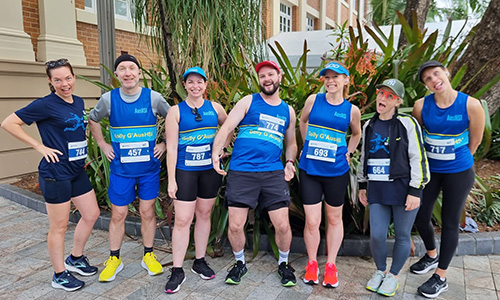 Are you participating in any other activities?
Are you participating in any other activities?
Our AusHSI running group is also partaking in the QUT 15 minute challenge to set some new goals and keep us accountable with our physical activity. We have future fun runs planned throughout the year with an aim to raise further funds for HeartKids, one of our research partners on the CHD LIFE+ project.
Do you have any hints or tips for other higher degree research students looking to get involved in these types of activities?
The Classic is a great event to work towards each year. It’s a fun event to join with your friends or challenge your supervisors or work colleagues. Apart from some running shoes (in good condition) and comfy clothes, it’s a cheap sport to get into and has great benefits for your cardiovascular and mental health (as HDR’s we need to be particularly mindful of this!). If you haven’t been running so much – make sure you increase the time you spend running gradually and have rest days to help your body adapt to its new activities.
Tell us about your research
My thesis is on Mobile health for secondary prevention of Diabetes-related foot ulceration. I am investigating the use of Mobile Health to deliver secondary prevention programs for patients who have already had a diabetic foot ulceration. Up to 35% of those living with diabetes will experience foot ulceration in their lifetime, with recurrence of up to 65% in the five years post-healing. Usually, these patients are discharged from hospital care to primary care and private practice, but we should really be looking to keep them engaged with their management plan. An important part of my research is understanding how patients, families and their carers want to use mobile health and also health practitioners.
Adele is coming up to confirmation in July 2024.



